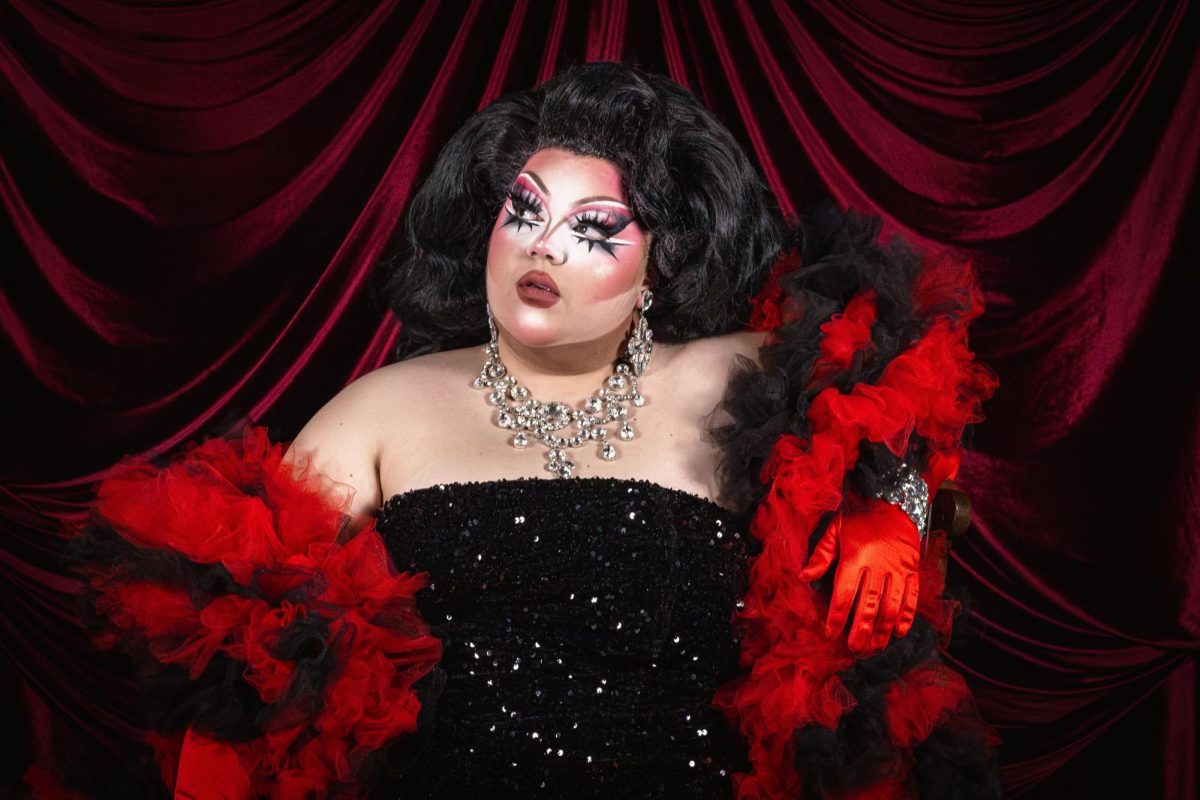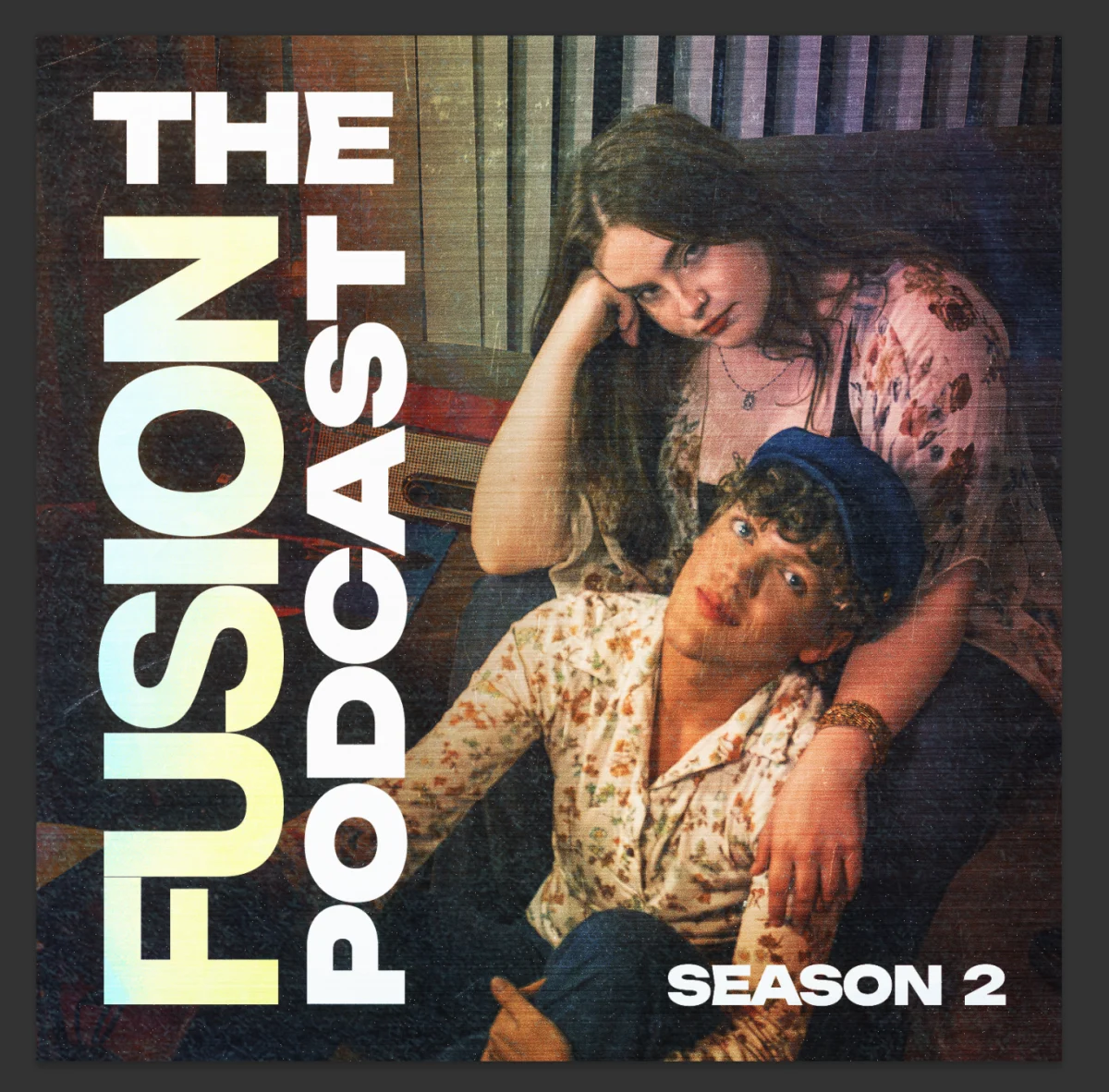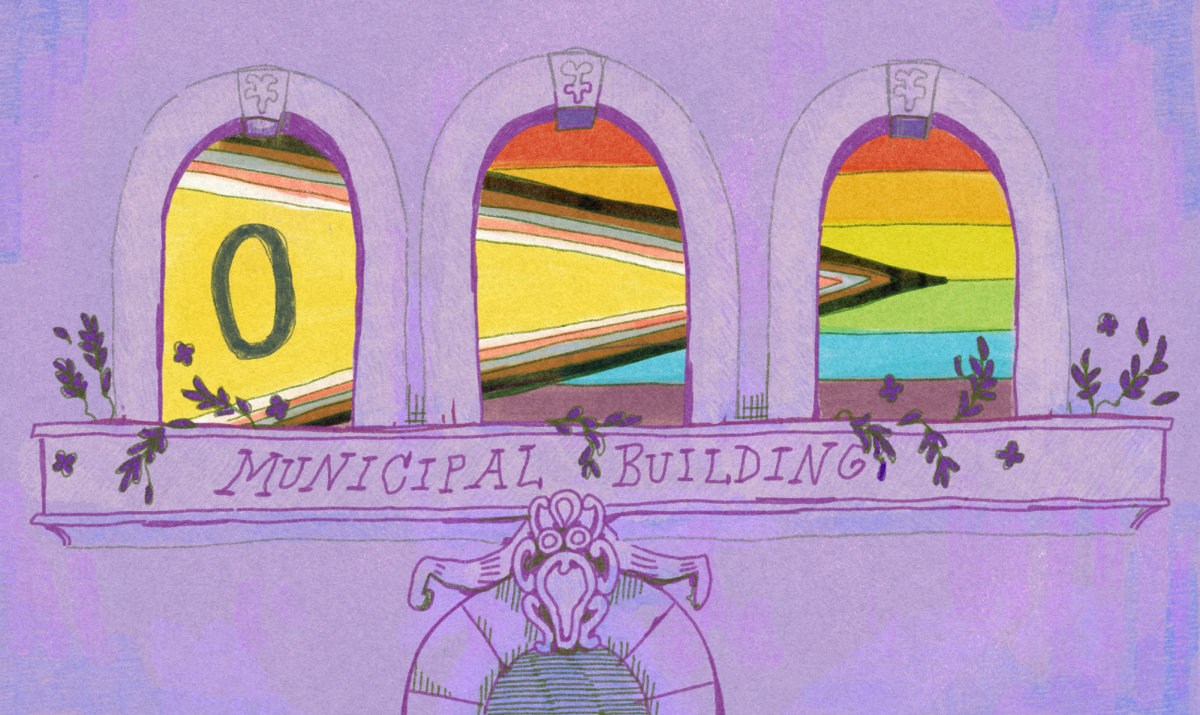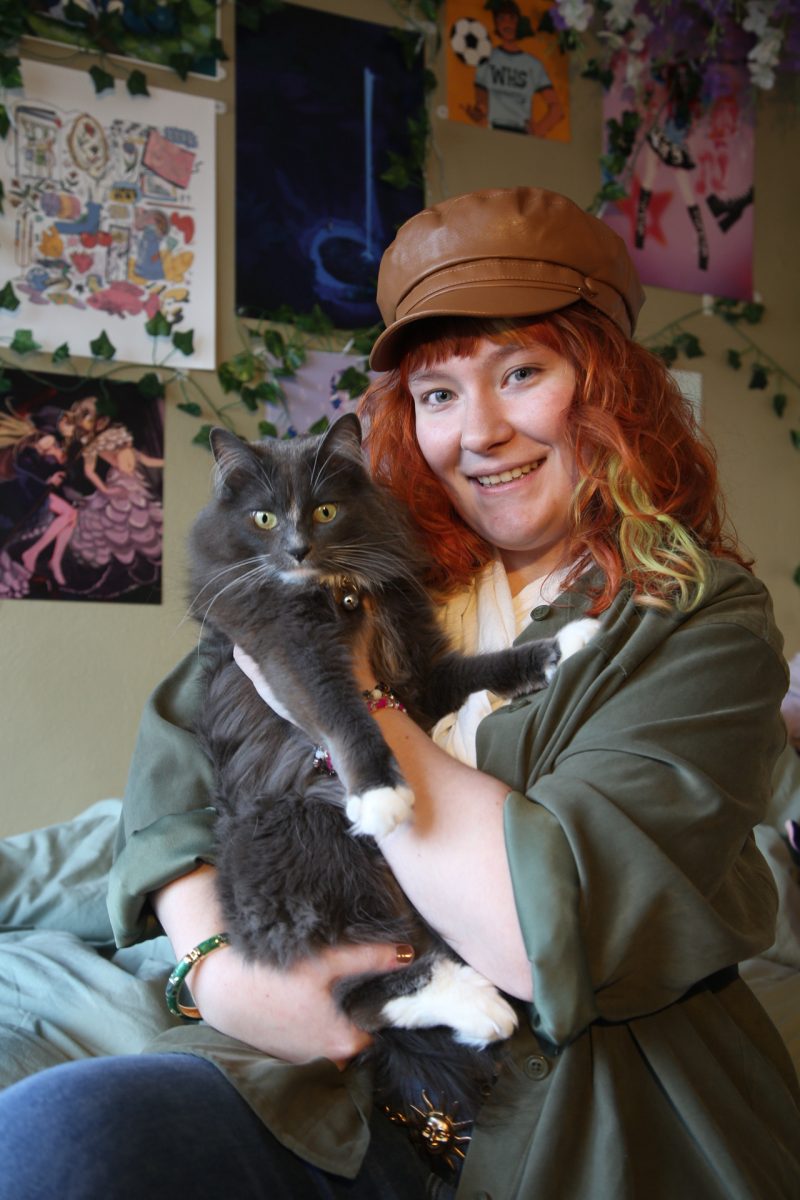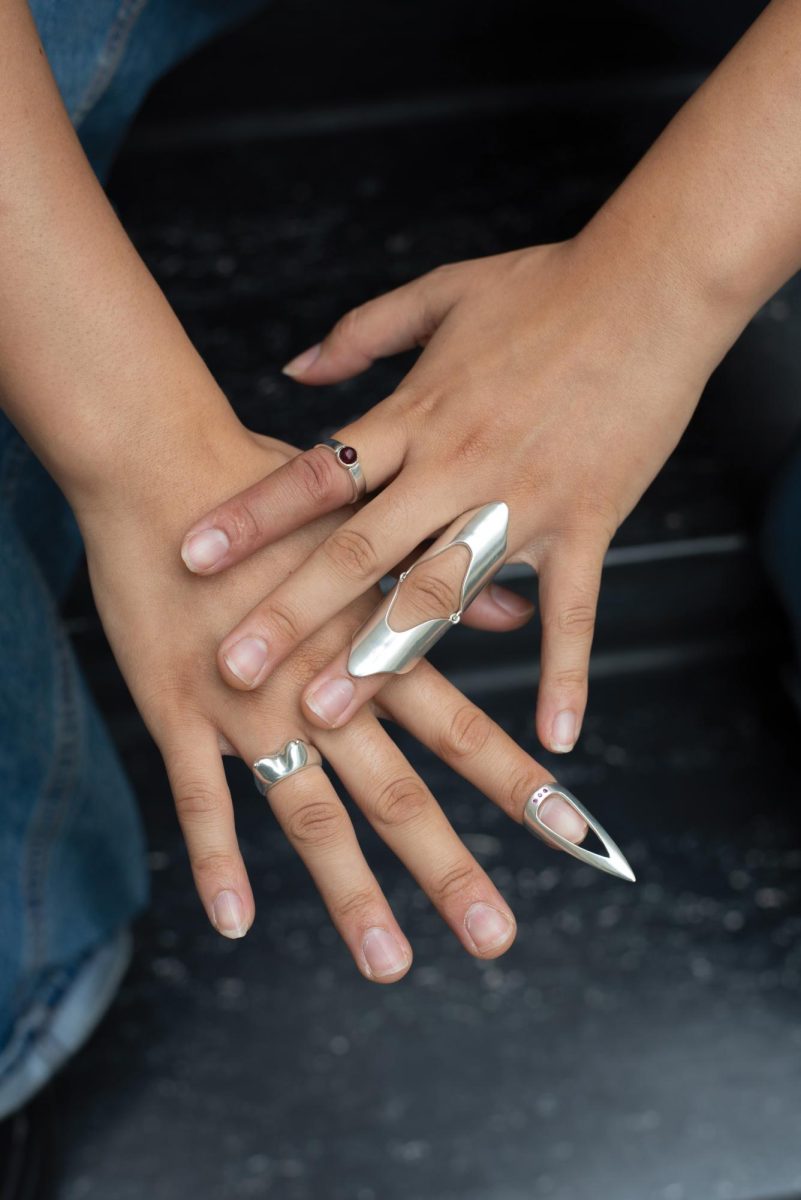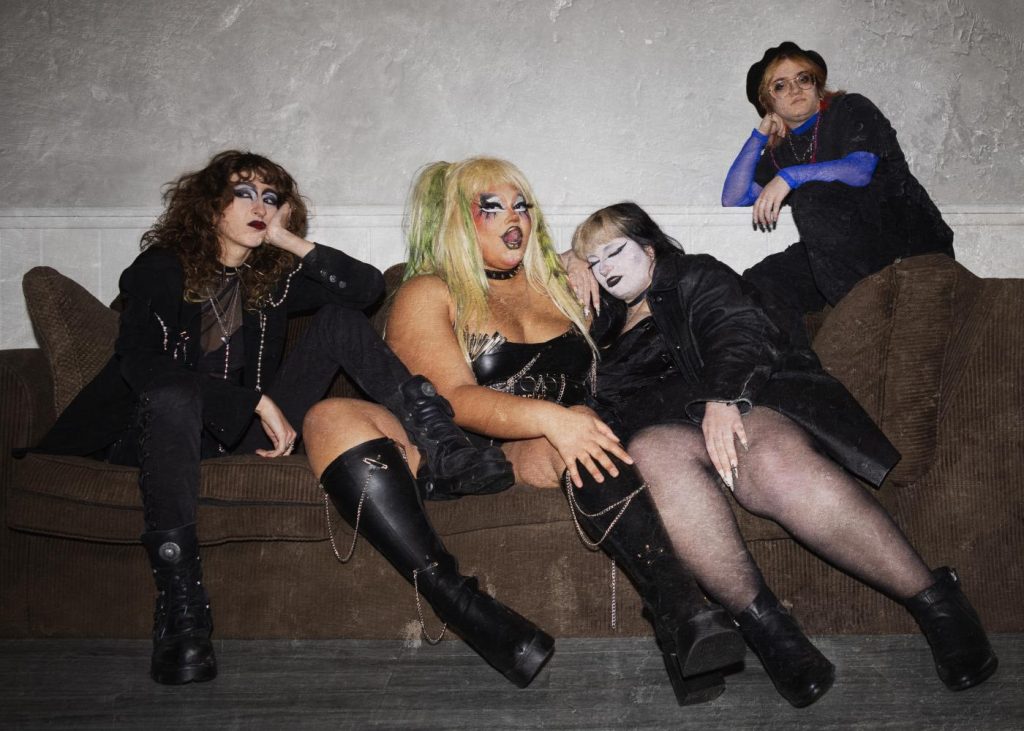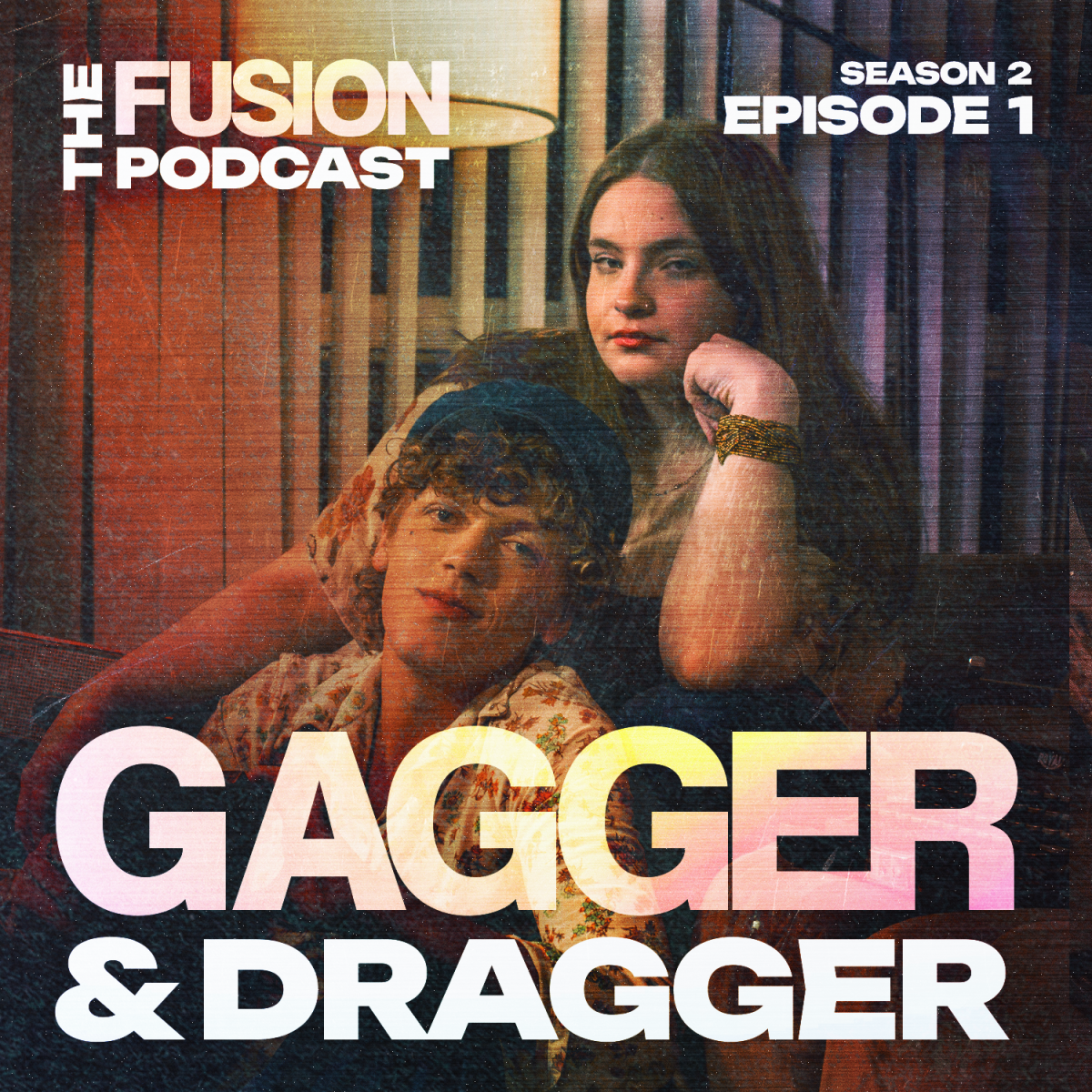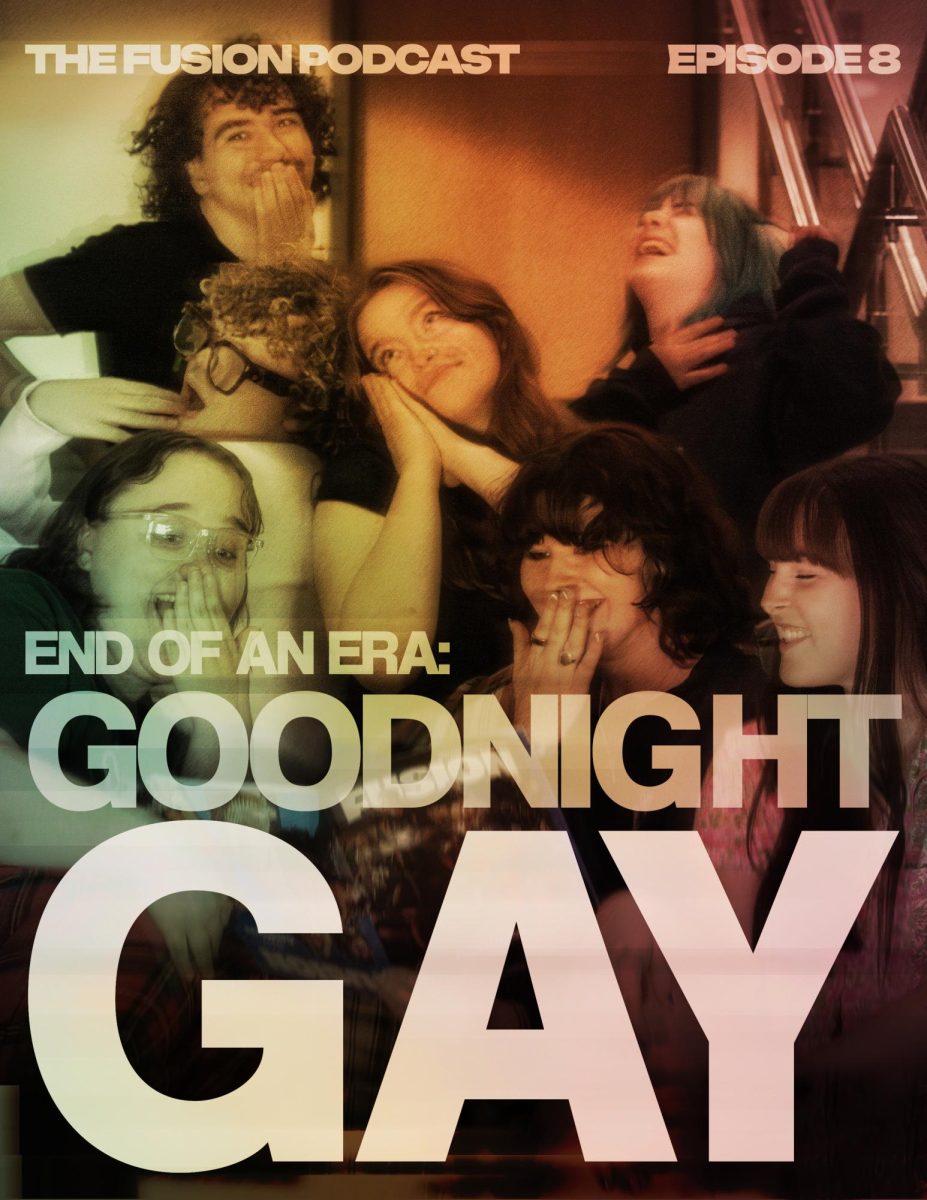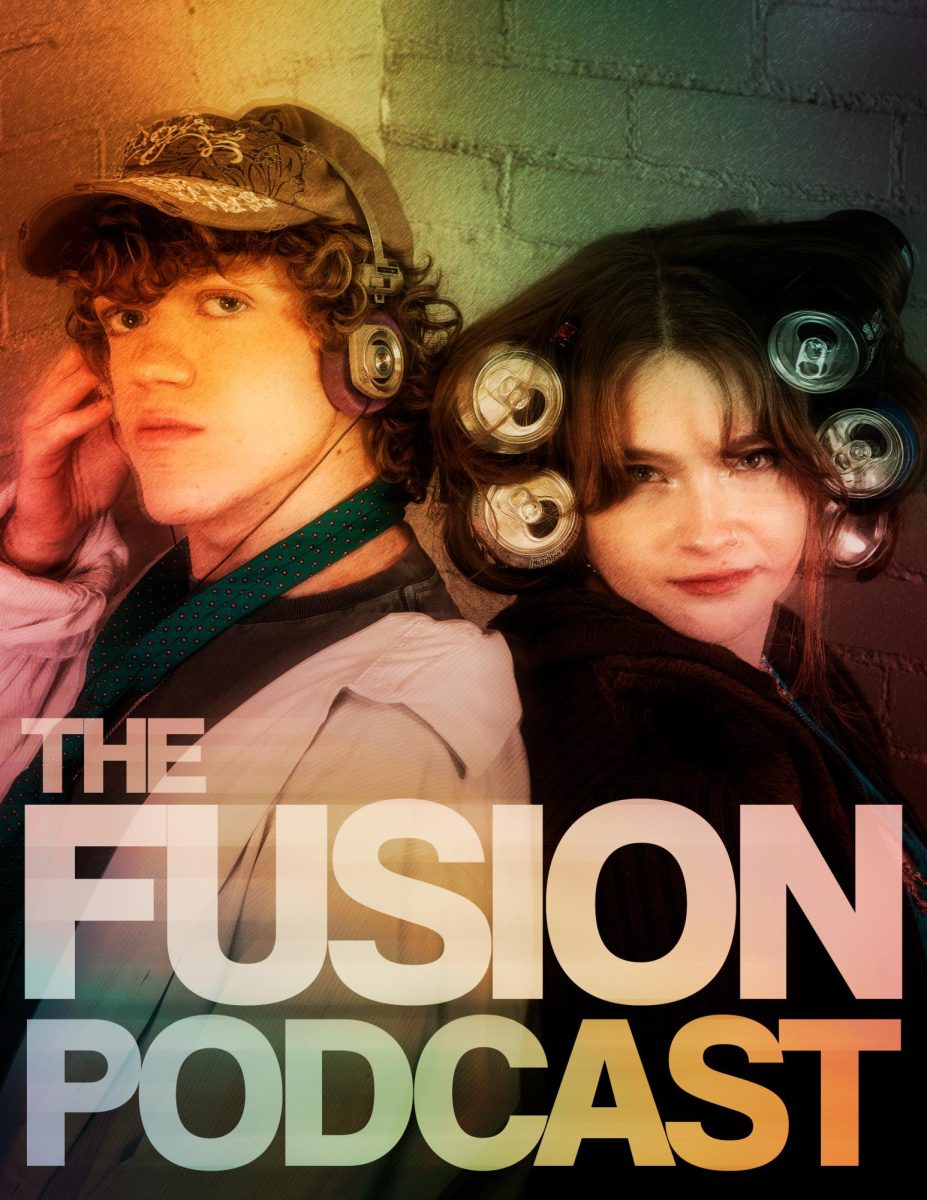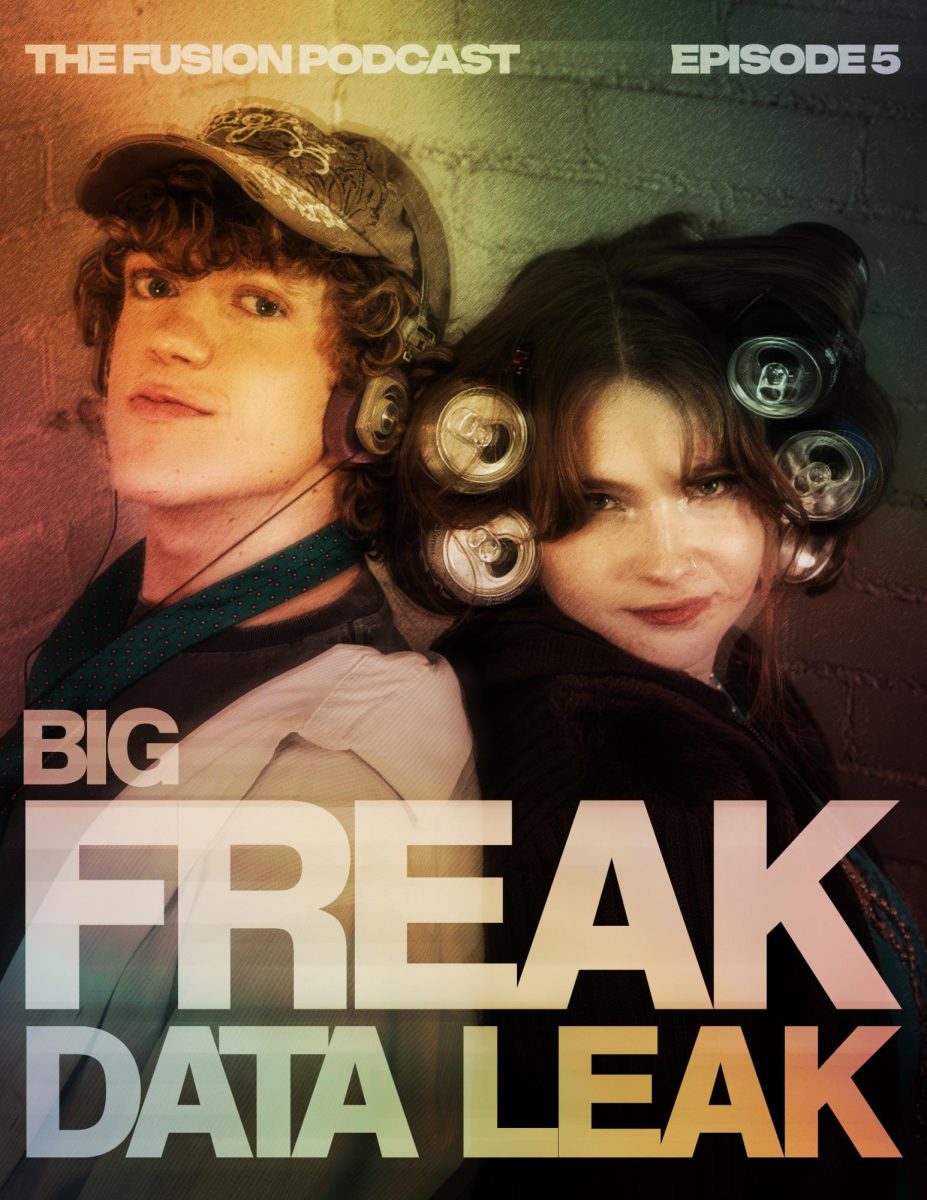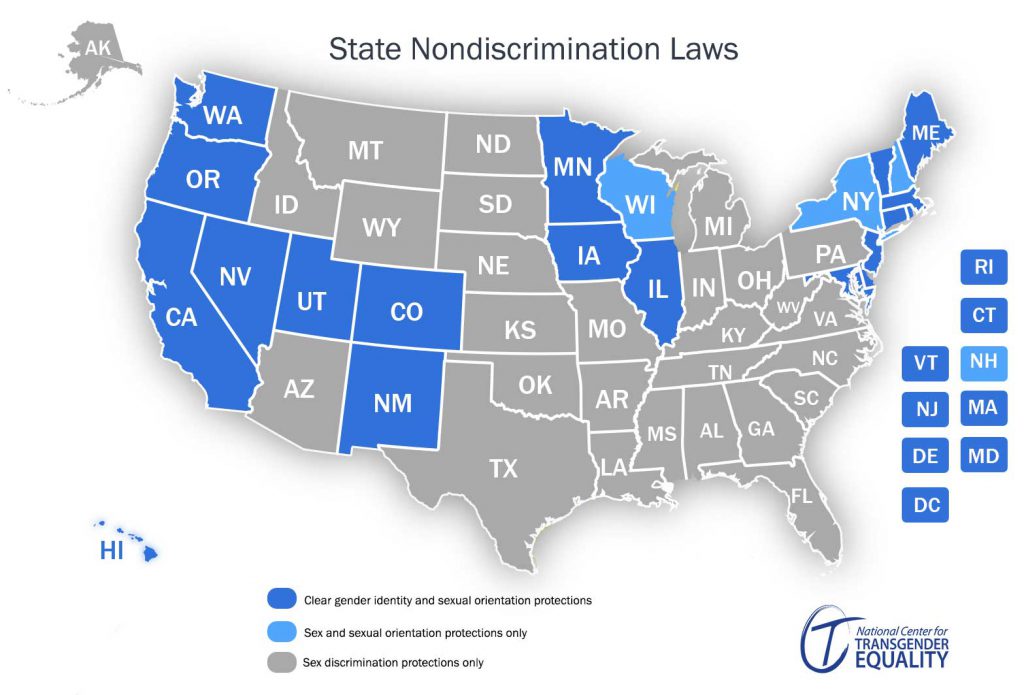Queer identities are political, like it or not. Not every queer person finds politics interesting but various political decisions determine whether every queer person gets their equal right to employment, housing, safety, marriage, adoption, bodily autonomy and so on. That’s why I’m into politics. As a bisexual transgender man, I consider current events highly relevant to my life, and that’s why I’m pumped about the upcoming presidential election. Like a cold swim or some rough sex, I find elections invigorating! And of course, I prioritize LGBTQ+ issues when deciding how to cast my vote. So, in case you haven’t been following along or you’d like a consolidated summary of the candidates’ views on LGBTQ #rights, here’s the info you need.
Candidates are categorized by the party they represent. For brevity’s sake, I only included the top six Republicans and omitted third-party candidates.
Let’s get the homophobia over with and start with the Republicans:
#Donald Trump: GLAAD quotes Donald Trump in 2012 saying, “I’m not in favor of gay marriage. They should not be able to marry.” Depressingly, however, MSNBC has suggested that Trump still may be the most LGBT-friendly Republican candidate, because he doesn’t believe sexual orientation “should be a reason” for firing workers.
Aside from that statement, which almost—but not quite—endorsed nondiscrimination protections on the basis of sexual orientation, Trump has said little about LGB issues and nothing about trans issues. Responding to the Supreme Court decision on #marriage equality, Trump declared the issue “dead” for the GOP. Regardless, he’s recently repeated his consistent homophobic views on marriage in an interview on NBC with Church Todd.
#Ben Carson: Most people consider neuroscientists to be intelligent, and I would agree. Most neuroscientists, if they wanted to, could probably manipulate an ignorant and malleable constituency by voicing their agreement with their hateful views towards LGBT people. Ben Carson is no exception.
In 2013 interviews with Sean Hannity, Carson compared marriage equality to pedophilia and bestiality. The Human Rights Campaign has complete lists of each candidates views on LGBTQ+ issues. Ben Carson supported Indiana Governor Mike Pence’s terrifying move allowing businesses to discriminate against LGBT customers, and even joked about the idea of homophobic bakers poisoning a gay couple’s cake. He initially stated that one’s sexual orientation is a choice, justifying this misconception by referencing prison rape, then backtracked after Leelah Alcorn’s suicide, which brought the harmful, sometimes fatal effects of “conversion therapy” to national attention.
Prioritizing cis bigots’ comfort over trans people’s safety, Ben Carson chimed in on the bathroom debate (a phrase that sounds as absurd as it is.) In an interview this month with Jorge Ramos, he claims it’s not fair that trans people use public restrooms, “to make everyone else uncomfortable.”
Surprisingly, when Buzzfeed asked Carson if he thought transgender people should be legally
protected from #discrimination, he replied, “I think federal law should protect all American citizens from discrimination.” However, he elaborated, lamenting that gay people are “intolerant” for demanding equal rights. Also, by tactfully including the word “federal” Carson’s answer about trans discrimination left the question of local and statewide discrimination open. This explains how despite federal non-discrimination progress, we still have maps like the one seen above.
#Marco Rubio: Though it’s a hotly contested position among Republicans, Advocate suggests that Rubio may be the most anti-gay 2016 candidate. He opposes marriage equality, to the point that he proposed disregarding the court’s role of interpreting the law, and leaving the decision up to voters. He supports homophobic discrimination in employment and adoption, and even threatened to vote against his own immigration bill, fearing an amendment might protect LGBT immigrants.
Rubio helped raise funds for anti-gay/trans “therapy” despite its traumatic effects on survivors. Like Carson, Rubio also attempted to accuse LGBTQ activists of “intolerance” for those who oppose marriage equality. In July, The Washington Times reported Rubio saying, “Even before this speech is over, I will be attacked as someone who is a hater or a bigot or someone who is anti-gay.”
Here’s an idea: If you don’t want to be called a hater and a bigot, stop being one.
#Ted Cruz: Along with Mike Huckabee and Bobby Jindal, Ted Cruz is spoke in November this year at Iowa’s homophobic “religious liberties” conference. Kevin Swanson, the organizer of the conference, is a pastor who publicly advocates killing gay people.
Needless to say, Cruz is not exactly an ally. He’s not even one of those “allies” who call themselves such because they just don’t hate LGBTQ people.
Like his Republican peers, Cruz opposes marriage equality, supports homophobic discrimination, and says he believes being gay is a choice. Surely intending to win over his hateful constituency, Cruz once intervened in a civil union case, blocking divorce proceedings between a gay couple to uphold “traditional marriage” laws in Texas.
#Jeb Bush: As an MSNBC journalist puts it, the “#religious freedom” excuse to discriminate against LGBTQ people, has become the next anti-queer agenda after the right-wing loss in marriage equality. Although Bush’s background might help him play the politics game of avoiding serious issues, his stance on homophobic discrimination is clear: he supports it.
Interestingly Buzzfeed reports that by stocking his campaign with managers, advisers, and strategists who support LGBTQ rights, he may be gearing up to promote a gay-friendly image. That certainly won’t help him in the primaries, where the right-wing extremist vote carries more weight, but with more Republican voters warming up to civil rights for everyone (better late than never), Bush may attempt to differentiate himself from his peers in the general race.
His official stance is still that he opposes marriage equality, supports discrimination, and opposes recognizing violence against LGBTQ people as hate crimes.
#Carly Fiorina: Continuing the Republican trend of pandering to homophobia, she believes marriage “is between a man and a woman”. Putting her prejudice into action, she supported a constitutional amendment defining marriage as heterosexual in 2010, and supported California’s Proposition 8, which had prohibited marriage equality.
Fiorina also supports anti-gay discrimination, again, using “religious freedom” as the justification.
So that’s the top six Republicans. Next up, Democrats:
#Hillary Clinton: Of course, as with most liberal candidates, the most common LGBTQ issues with ensure support is their view on marriage equality and Clinton is no exception. NPR observes that Clinton did not support marriage equality until after Barack Obama voiced his support. What are Clinton’s position on the other issues facing our community, like “religious freedom”-based discrimination, transphobic violence, etc?
A lot of people yell about Clinton’s emails with regards to Benghazi, but another email reveals her reluctance to support LGBTQ rights. Slate’s article details the email, in which Clinton writes her opposition to gay-inclusive language on passport applications. This email, supporting marriage equality so late, and her campaign’s relative silence about discrimination has lead some LGBTQ activists and donors to criticize her stance (or lack thereof).
However, Clinton has spoken out in favor of LGBTQ rights. She urged Congress to pass a federal non-discrimination bill, and promised to sign it into law. She also threatened to cut federal funding for adoption agencies that discriminate against LGBTQ parents. Addressing the epidemic of transphobic violence head-on, Clinton said, “We’ve got to address the crisis of transphobic violence. 2015 has seen the murder of at least 19 transgender women, primarily women of color. And nobody knows how much violence goes unreported or ignored. And we need to say, with one voice, that transgender people are valued, they are loved, they are us, they desire to be treated fairly and equally.”
#Bernie Sanders: The Advocate describes Sanders’ support for LGBTQ equality as steadfast and reliable. Sanders supported the Employment Non-Discrimination Act, he co-sponsors the pro-LGBTQ Student Non-Discrimination Act, he pressed President Obama to publicly endorse marriage equality back in 2011 and he’s consistently voted in favor of marriage equality.
Going back even farther, Sanders opposed the homophobic “Defense of Marriage Act” which became law in 1996. Responding to homophobic/transphobic discrimination, Sanders states his support for including sexual orientation and gender identity in the Civil Rights Act and Fair Housing Act. Sanders has tweeted his opposition to transphobic housing discrimination. He also supports ending the military’s discrimination against trans people. Recognizing the intersectional oppression contributing to the extremely high rate of violence against trans women of color, Sanders states the need for better education of police officers, “among other things.”
Senator Sanders has a perfect 100 percent score for LGBTQ advocacy from the Human Rights Campaign. His home state of Vermont was the first state to allow civil unions, and the first state to legalize marriage equality through the legislature.
I’d like to stress that this is not an intersectional analysis. In other words, I’ve exclusively focused on LGBTQ issues alone, without discussing how other issues, such as racism, economic issues, and reproductive rights impact LGBTQ people. However, I hope this helps you narrow down the options for whom you might vote in the upcoming election. I also want to remind everybody that the president appoints Supreme Court justices, so even if your favorite candidate doesn’t win the nomination, it’s still extremely important to get out there and vote. Defending our rights isn’t a one-time event. It’s not like a one-night stand, “one and done”. There are many battles we’ve yet to win.



